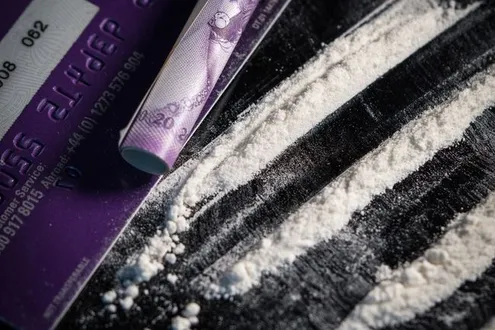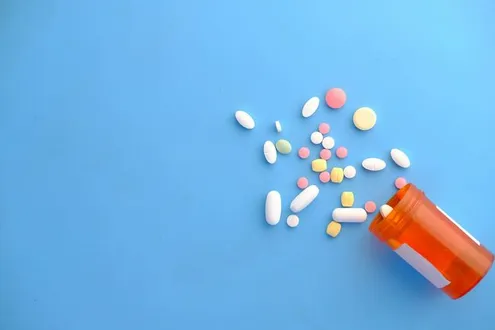Cannabis also known as marijuana or weed addiction, like other substance addictions, is caused by the production of dopamine which stimulates the brain to create an impulse to repeat a specific action or behaviour again. As this action is repeated, more dopamine is produced, which in turn creates pleasurable sensations. For many individuals this action can become addictive, which is the basic mechanism of how substance abuse begins. While not everyone who uses cannabis becomes addicted, some people develop a problematic pattern of use that affects their daily lives, relationships, and overall well-being.
Why is Cannabis Addictive?
Cannabis can be addictive due to its effects on the brain's reward system, particularly through the interaction with the endocannabinoid system. The addictive potential of cannabis is primarily linked to its active ingredient, THC (tetrahydrocannabinol), which affects brain chemistry in ways that can lead to dependence and addiction over time and may require detox.
If you are finding Cannabis impossible to give up please contact our Treatment Advisors for a free assessment.

Many people may not know that you can be addicted to Cannabis. However, it is important to know it can be an addiction and there are rehabilitation treatments out there to help anyone struggling with Cannabis abuse.
Cannabis addiction requires treatment like any other substance. It is widely known that undergoing Cannabis withdrawal & rehabilitation within a rehab centre offers people the best chance of a long-lasting, successful recovery. Individuals can begin to understand the complex reasons behind their addiction, and identify triggers to help avoid potential relapse in the future.
Excessive Cannabis use has the potential to cause serious harm to mental health, relationships, job prospects and finances, despite relaxed attitudes towards it.
Like all addictions the causes for cannabis addiction are vast. Each individual who may be suffering with a cannabis addiction may experience some of these but not all of these factors.
The calming sensation that cannabis can provide may seem enticing if you suffer with mental health conditions such as depression or anxiety or have been diagnosed with a dual diagnosis or co-occuring disorder. It may also seem attractive if you are struggling in professional or social situations and this can be classed as self medicating.
Some people are able to use cannabis without becoming dependent on it. However, the amount of THC which is consumed affects the intensity of the high. The more THC the more likelihood of you developing withdrawal, severe cravings and therefore addiction.
Physical Symptoms
- Increased appetite
- Excessive sleepiness
- Bloodshot eyes
- Poor coordination
- Lack of attention to appearance / hygiene
- Paranoia
- Irritability
- Poor judgement
- Problems focusing
- Indecisiveness
- Mood swings
Behavioural Symptoms
- Losing interest in activities
- Forms of deception (lying/secrecy)
- Owning rolling papers/bongs/pipes
- Unexplained absences from work
- Hanging out with new peers
- Avoiding family and friends
The impact of cannabis addiction on your life is vast. By becoming physically dependant your body may go into cannabis withdrawal. This could leave you restless, uninterested in eating, irritable, depressed and unable to sleep.
Being addicted to cannabis can seriously harm your relationships, finances, health and your job. The user for example may spend a lot of time obtaining, using, or recovering from cannabis use.









